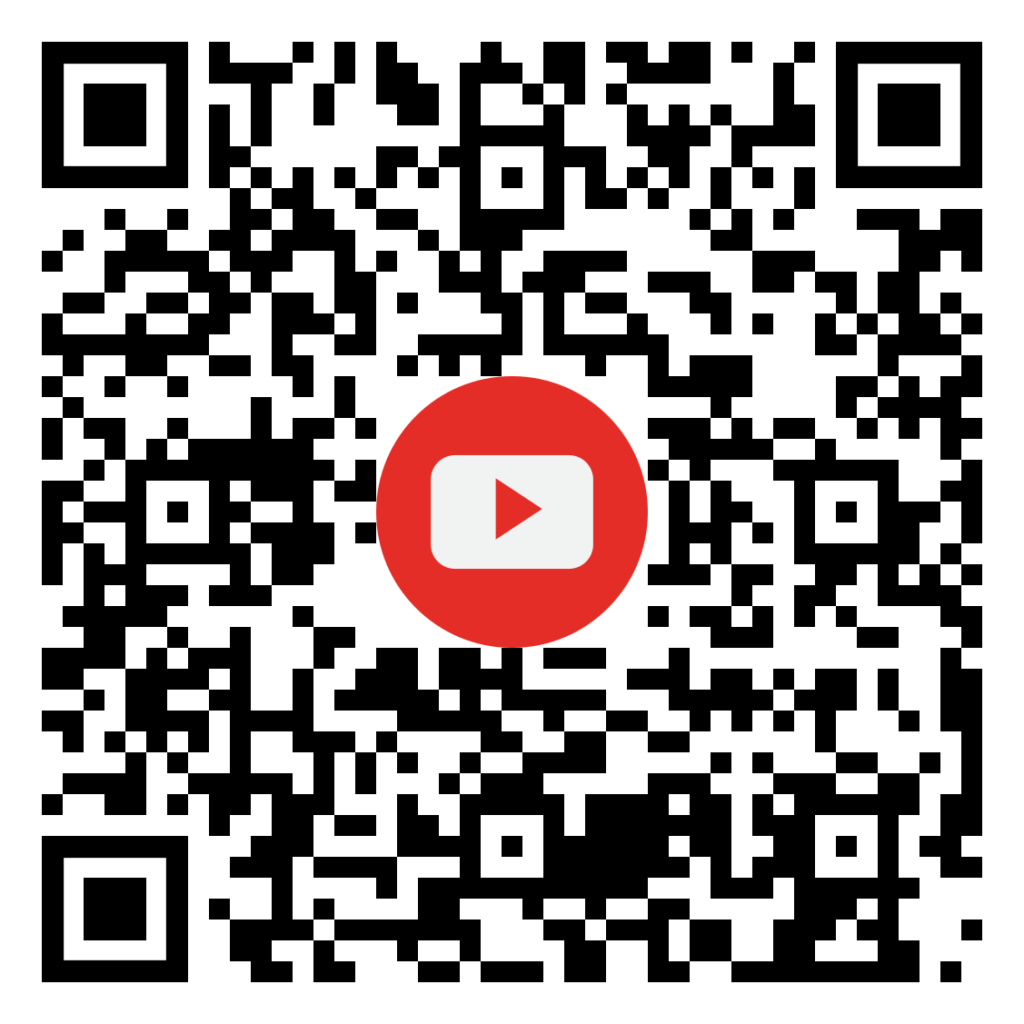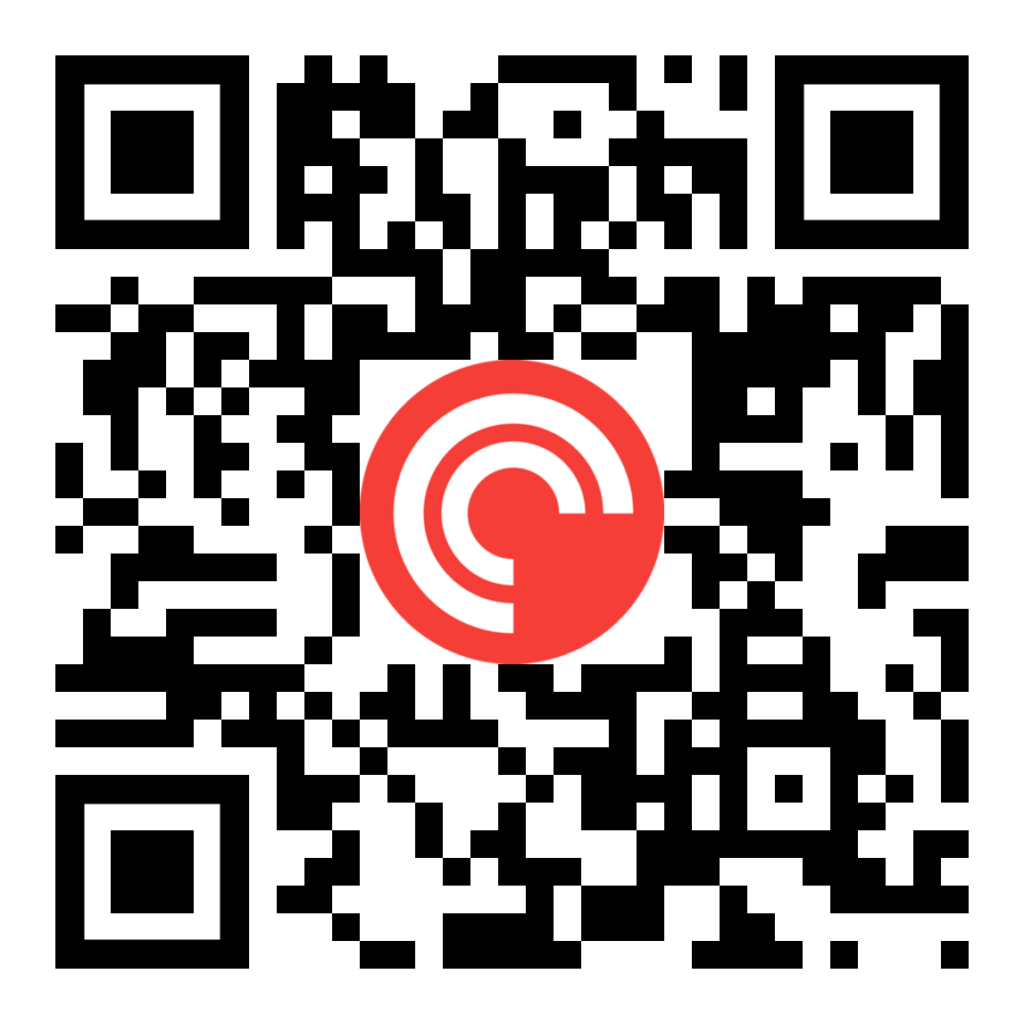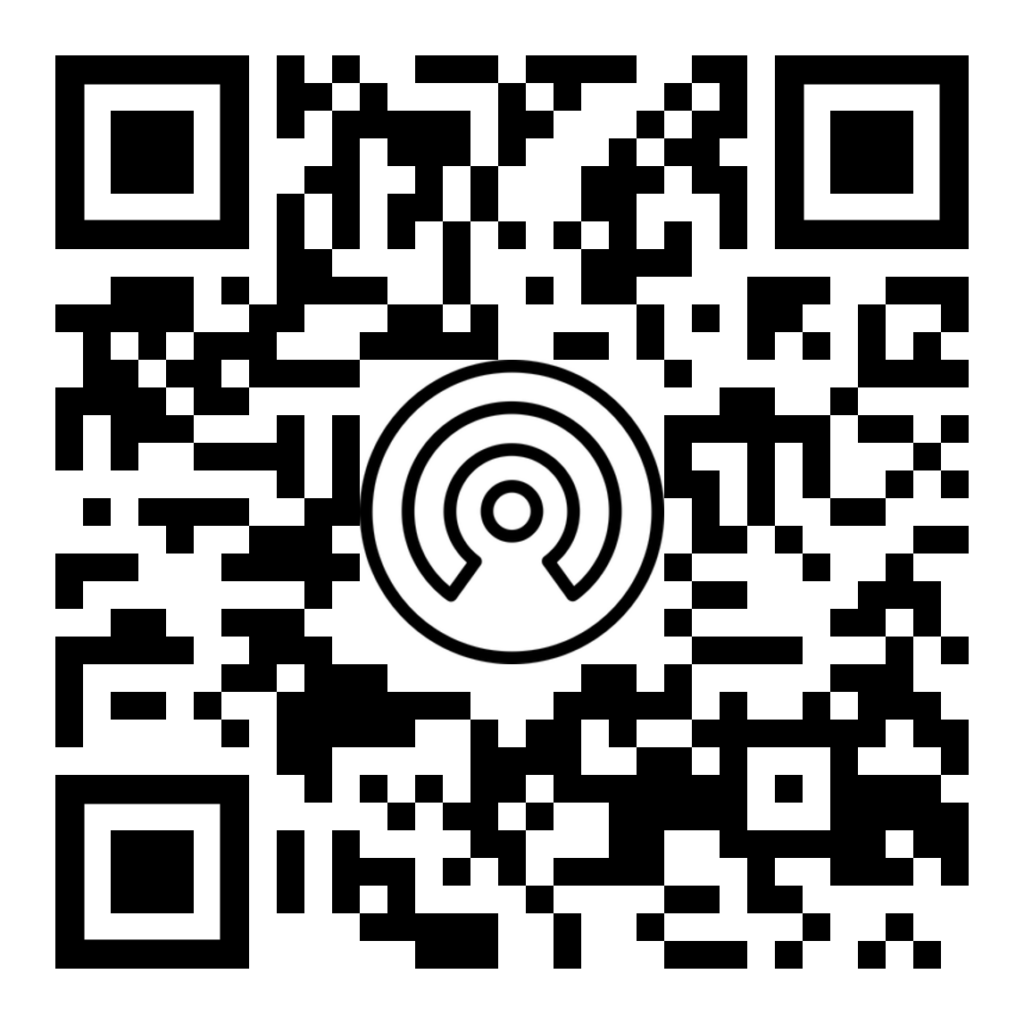Join us for an exciting episode of WPwatercooler, where Jason Tucker, Sé Reed, Jason Cosper, and special guest Lesley Sim dive into the highly anticipated WordPress Phase 3: Collaboration. Building upon the success of previous phases which introduced block editing and extended it across entire websites, Phase 3 aims to revolutionize the way creators and teams work together within WordPress.
We’ll discuss a variety of features designed to enhance the user experience and foster seamless collaboration. Our conversation will cover real-time and asynchronous collaboration, improving publishing flows, refining the post revisions interface, and polishing admin design. Additionally, we’ll delve into the introduction of a global search and command component that aims to streamline content management.
Don’t miss this episode as we explore the next stage in the evolution of the Gutenberg project, and learn how WordPress Phase 3 will transform content creation and teamwork within the platform.









Leave a Reply